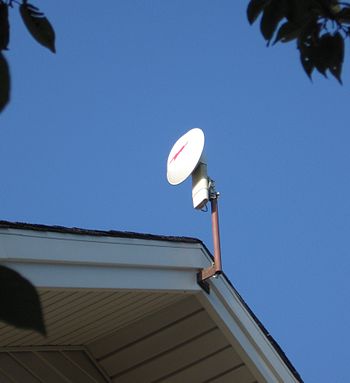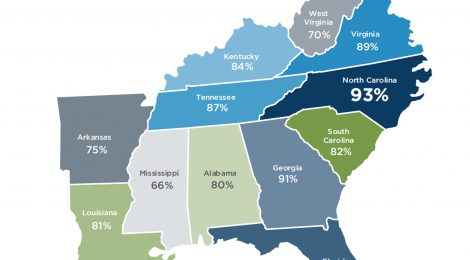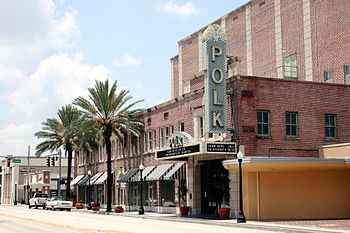By Caroline Gabriel

English: 5.2 GHz ‘Canopy’ wireless internet antenna with passive ‘Stinger’ antenna (Photo credit: Wikipedia)
Broadband wireless is a time-honored way to fill gaps in a wireline network and improve the overall economics, and emerging LTE-A Pro and 5G technologies will enhance those capabilities. Google is acquiring a US ISP called Webpass to add a wireless element to its Google Fiber platform and accelerate roll-out in some urban areas.
Until now, Google Fiber has mainly built its city networks from scratch, harnessing close relationships with municipal authorities. Webpass expands Google’s deployment options in some interesting locations – primarily Greater Miami, Chicago, Boston and several Californian cities (San Francisco, Oakland, Emeryville, Berkeley and San Diego). Google Fiber is live in Atlanta; Kansas City; Provo, Utah; Nashville, Tennesee; and Austin, Texas; and the company is working in San Francisco. It has also said Chicago and San Diego would be potential “fiber cities”, so Webpass could provide it with an earlier entry point. Continue reading








